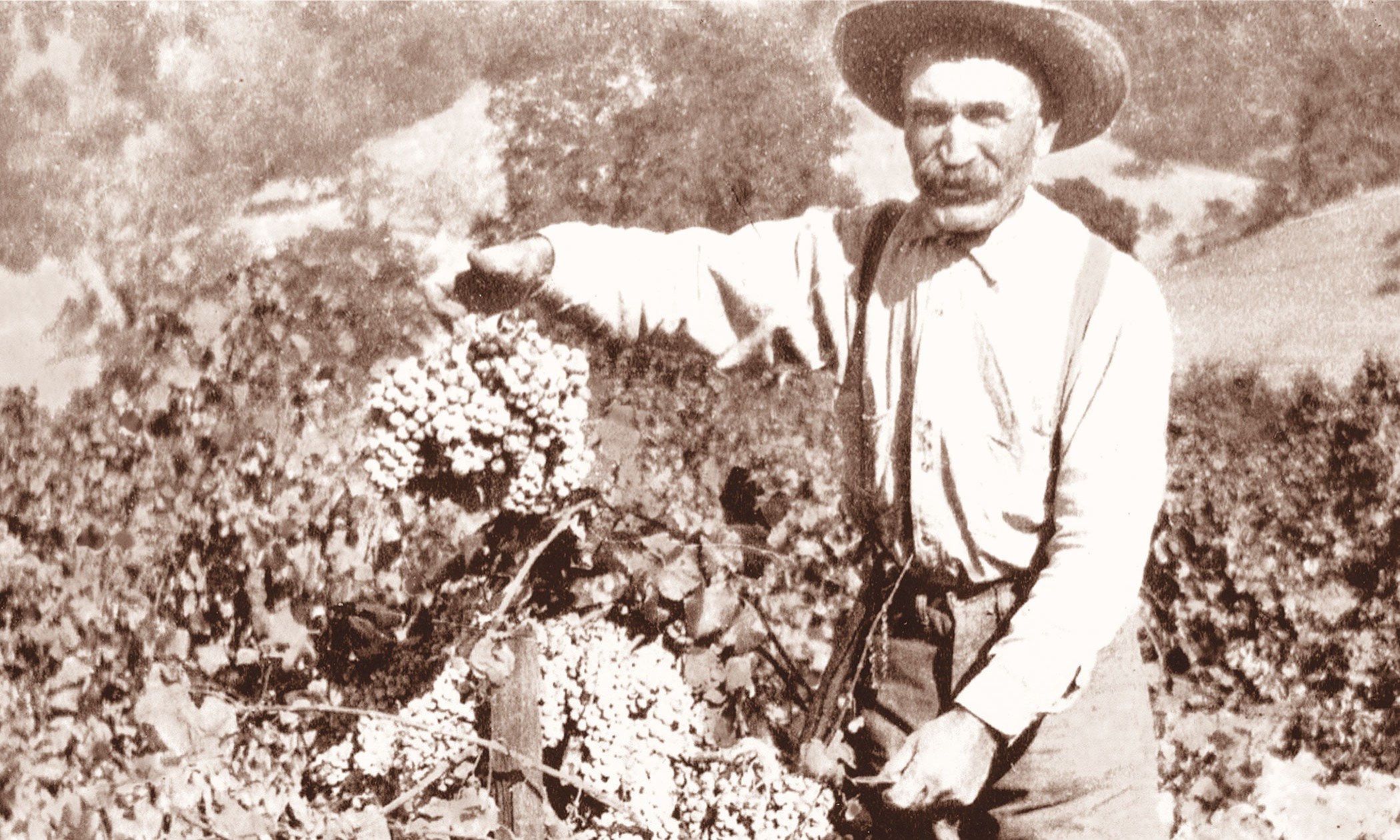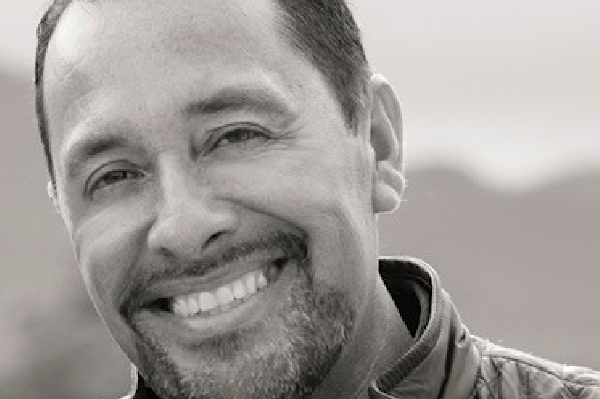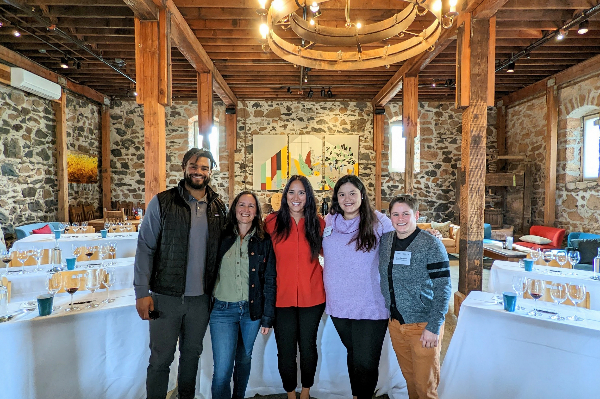Italian culture and the Napa Valley lifestyle have a lot in common. Both celebrate great wine and good food. Both value family. Both thrive in a Mediterranean climate.
Italian families in Napa Valley have demonstrated a commitment to nurturing the land and the vines, ensuring that their legacy of quality and tradition is passed down to future generations. This approach has contributed to the sustained excellence and reputation of Napa Valley as a premier wine-producing region.
October is Italian-American Heritage Month, which makes it a perfect time to spotlight four Italian families, the wineries they created and why they chose to settle in Napa.
Trinchero Family Estates
Mario Trinchero emigrated from Italy in 1927 and began the Trinchero family journey into the wine business 20 years later, after leaving New York City to find a better life in Napa Valley. Another Mario, grandson to the original, runs the company today as principal and vice chairman of the board.
Trinchero says the family’s appreciation of long-term relationships has been a key to evolution over the years.
“Relationships matter to us and that has built a reputation for integrity that attracts great team members and great partners,” he says. “While we have our differences of opinion and experiences within our own family, we all make an effort to sit down over good food and wine to connect and appreciate how lucky we are to be in this amazing business together as a family.”
Trinchero adds that Napa wineries all seem to look out for each other. “It’s a real sense of community,” he says. “Despite being competitors, many wineries collaborate and support each other, recognizing that a rising tide lifts all ships.”
Charles Krug
Cesare and Rosa Mondavi purchased this St. Helena winery in 1943, roughly 80 years after Charles Krug started it as Napa’s first bonded winery. Today it is owned by the Peter Mondavi Sr. family.
For Peter Mondavi Jr., third-generation co-proprietor, everything about his family’s Italian heritage revolves around the table.
His father, Peter Mondavi Sr., wanted to make wines meant to drink at dinner. “These wines are elegant and balanced, specifically made to have with a meal,” the younger Peter Mondavi says.
He adds that his family still tries to have dinner together every night—another Italian tradition. “We talk about the family, the wine business, the winery and about food,” he says. “That’s a tradition from the Old World that is very strong in our family.”
Nichelini Family Winery
Nichelini Family Winery, founded in 1890, is the oldest family-owned winery in the Napa Valley. Anton and Caterina Nichelini were Italian-Swiss immigrants who started the winery and went on to have 12 children.
Winemaker Aimee Sunseri is the current owner, representing the fifth generation. Sunseri credits her family’s Italian heritage with a welcoming attitude that has endured.
“I can’t tell you how many times I’ve heard the same story from multiple people about how they visited our winery 40 years ago and Jimmy Nick—the third winemaker for our family—would wave down people passing by the winery,” she says. “He’d offer them some wine to taste and then before you know it, they were invited to a family dinner.”
Sunseri notes that some of the other lessons she’s learned from her Italian ancestors include never giving up, working with very little to make something great and sticking together even when you don’t always agree.
Battuello Vineyards
Battuello Vineyards was founded in 1909 by Matteo Battuello and his wife, Serafina, who immigrated to California from Northern Italy. CEO and Vineyard Manager Dave Battuello, who represents the fourth generation, runs the operation today.
Battuello says his family’s heritage has instilled in him a deep appreciation for the values of hard work, family and tradition.
“These principles guide every aspect of our vineyard’s operations, from the meticulous care of the vines to the crafting of our wines,” he says.
Looking back, Battuello remembers his grandfather Dominic tapping on his bedroom window in the mornings when he wasn’t in school, then having Dave spend the entire day working to complete a task at hand. “He taught me the importance of seeing a job through to the end, no matter how long it took,” says Battuello.




